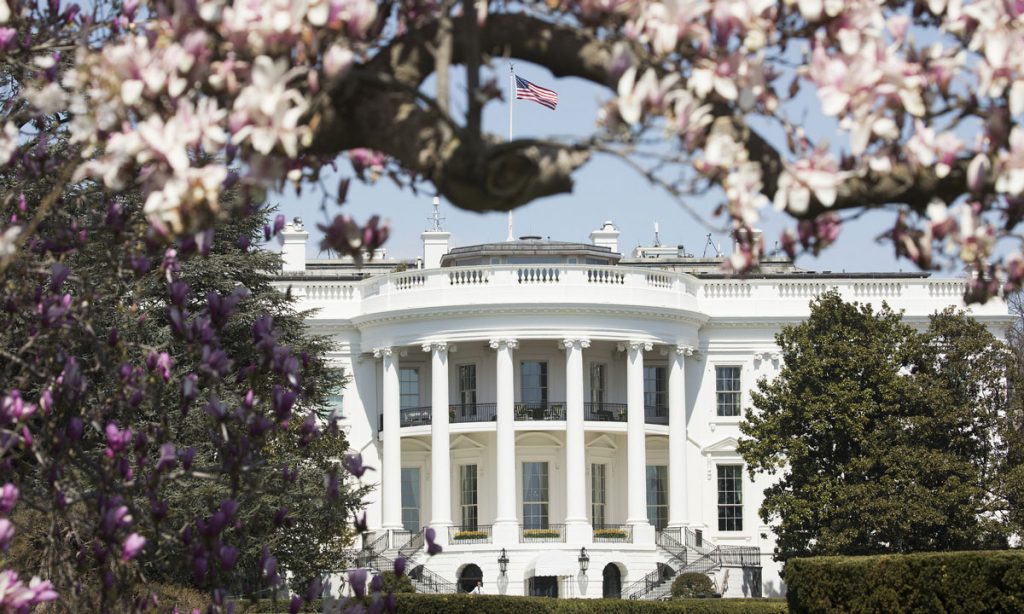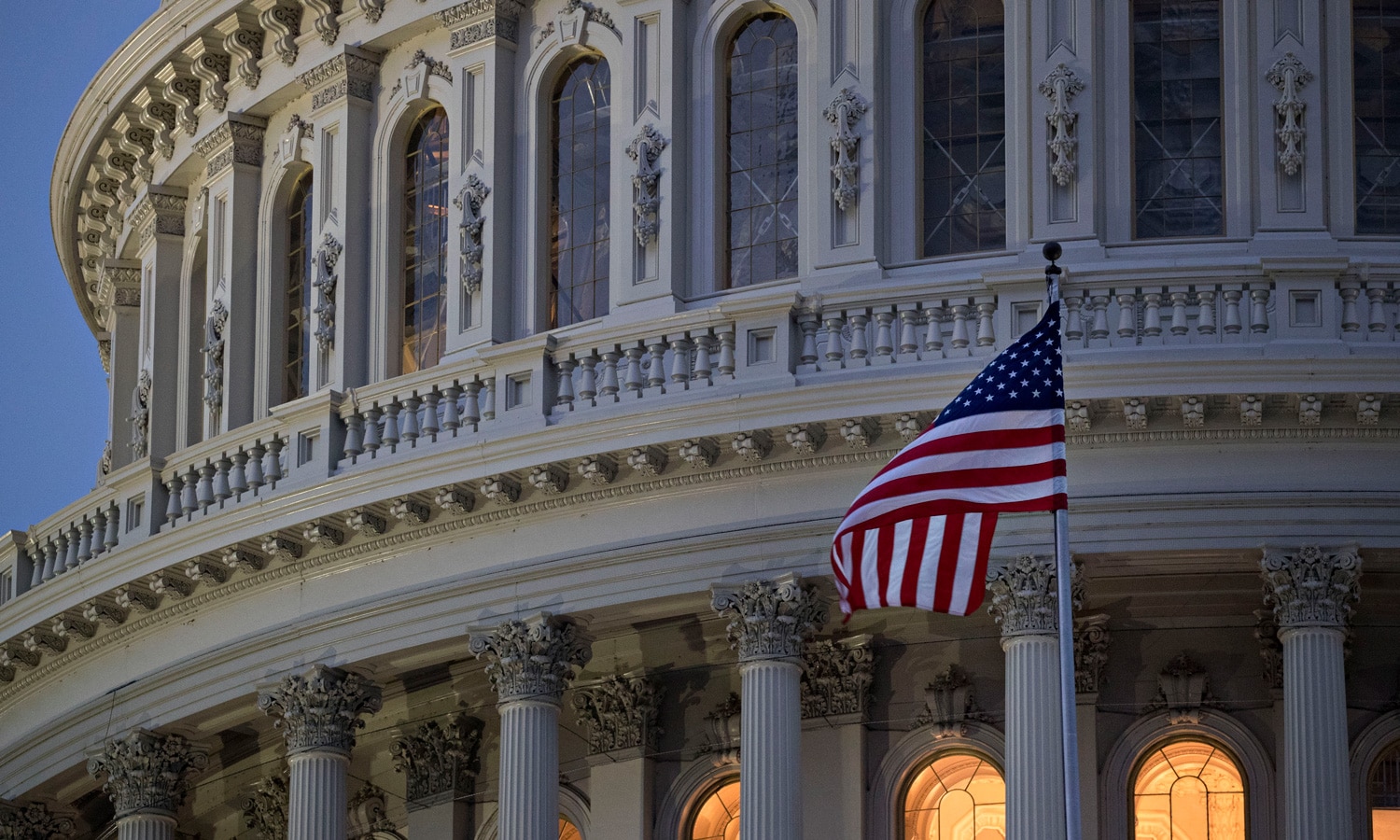The cannabis industry does not qualify for bailout money and is essentially at risk of total collapse if it cannot find a way to survive on its own.
The U.S. economy is clinging to life support in the wake of the coronavirus. Businesses all across the nation have been forced to shut down, and a record number of Americans are now living on unemployment benefits. Some financial analysts say the country hasn’t seen anything even remotely this horrifying since the Great Depression. So, to say we are living in tough, uncertain times, well, that is putting it lightly.
But, never fear, Uncle Sam is coming to the rescue. The federal government is throwing small businesses all across the country a life preserver, of sorts, in the form of cash bailouts to help keep the lights on, employees paid and them in good enough shape to recover from the madness.
If you own a marijuana business, however, you should know that none of the approved $350 billion is coming your way. Although more than half the nation has legalized the leaf for medicinal and recreational use, the herb is still a Schedule I dangerous drug at the federal level. This means the cannabis industry does not qualify for bailout money and is essentially at risk of total collapse if it cannot find a way to survive on its own while the country hunkers down for the next few months.
Considering the industry was already suffering from some relatively troubled times before the virus struck, many cannabis businesses may soon go broke and evaporate from the scene altogether.
RELATED: Why States Need To ‘Flick The Legal Switch’ On Cannabis Amid COVID-19
It is for this reason that a gang of U.S. Senators fired off a letter to the Small Business Administration (SBA) last week, asking that legal cannabis operations be considered for economic assistance. While the SBA has acknowledged that hemp operations would, in fact, qualify for loans and other financial reprieves, its policy does not allow the doling out of funds for any service “directly” or “indirectly” associated with a business entity that grows or sell marijuana.
And that could tank some smaller operations.

“Consequently, small businesses in states with some form of legal cannabis must choose between remaining eligible for SBA loan programs, or doing business with a rapidly-growing and legal industry,” reads the letter signed by eleven U.S. Senators, including Democratic presidential candidate Bernie Sanders.
The Senators concluded their plea by saying they “strongly support ensuring that SBA loan programs are made available to all cannabis small businesses.”
Too bad they are barking up the wrong tree.
RELATED: Marijuana Legalization Could Get A Boost Post Coronavirus
For the cannabis industry to be given the same loan consideration as any other legitimate business, Congress must first legalize marijuana at the federal level. There’s no other way around it. As long as marijuana hangs in its current Schedule I listing under the Controlled Substances Act, unexpected devastation, like with the coronavirus, is going to leave these operations without a safety net. Make no mistake about it, cultivation companies, dispensaries and other businesses connected to legal marijuana are very much on their own until Uncle Sam makes a change.
And that’s not happening anytime soon.
As we pointed out in a recent article, federal lawmakers may have no choice but to take a look at legal weed once the virus debacle is over. Much like it was done with alcohol following the Depression, nationwide cannabis legalization might be needed to give the economy an added boost. It’s a long shot, of course, especially with Republican domination still running the show on the Hill.
Still, full-blown legalization is something that could gain high-powered momentum in 2021 if the Democrats come out on top following the November election. Until then, expect cannabis businesses to start dropping like flies in the months to come. While many have been deemed “essential” in their respective neck of the woods, the financial climate (high unemployment rate, etc.) could start to affect the bottom line — making a post-virus recovery next to impossible.


